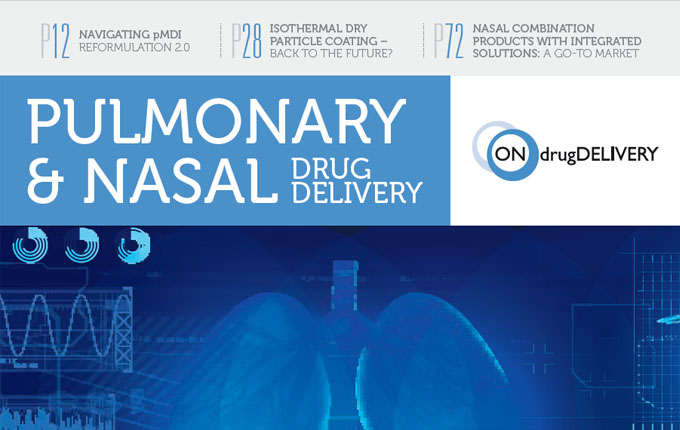Learn more about Aptar Pharma Expertise
in Inhalation Drug Delivery
This Might Also Be of Interest
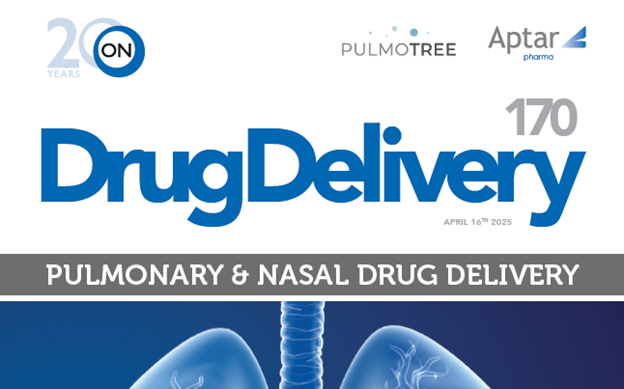
Kolibri™: Precision Inhalation for Biologics with Guided Breathing
Publications, Pharmaceutical, Innovation & Insights, Drug Delivery Innovations, Market Insights, Product Solutions
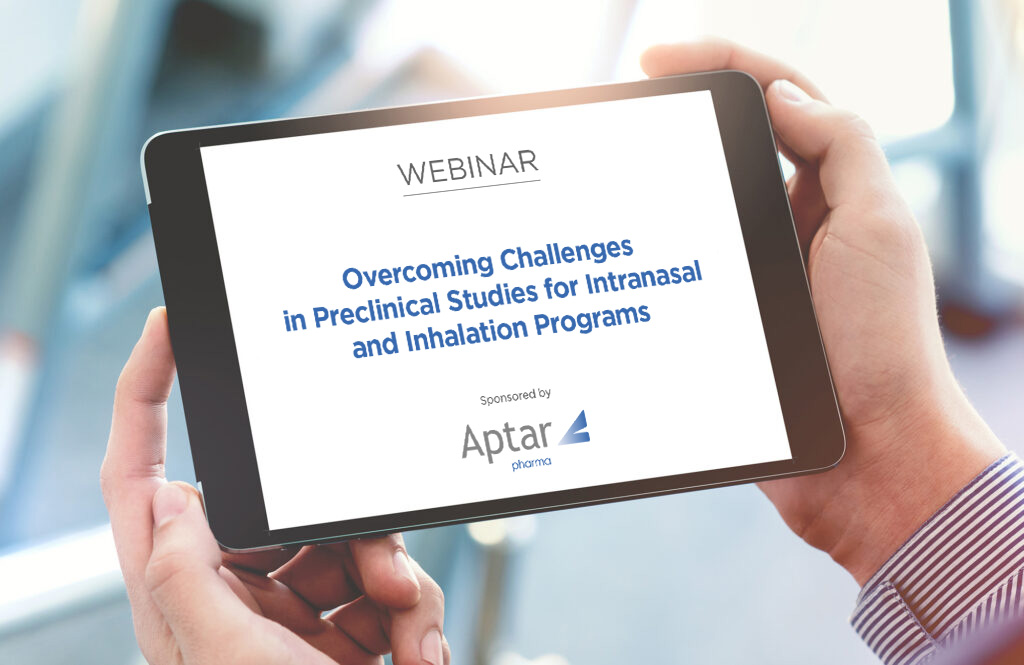
Overcoming Challenges in Preclinical Studies for Intranasal and Inhalation Programs
Webinars, Pharmaceutical, Innovation & Insights, Drug Delivery Innovations, Market Insights, Product Solutions
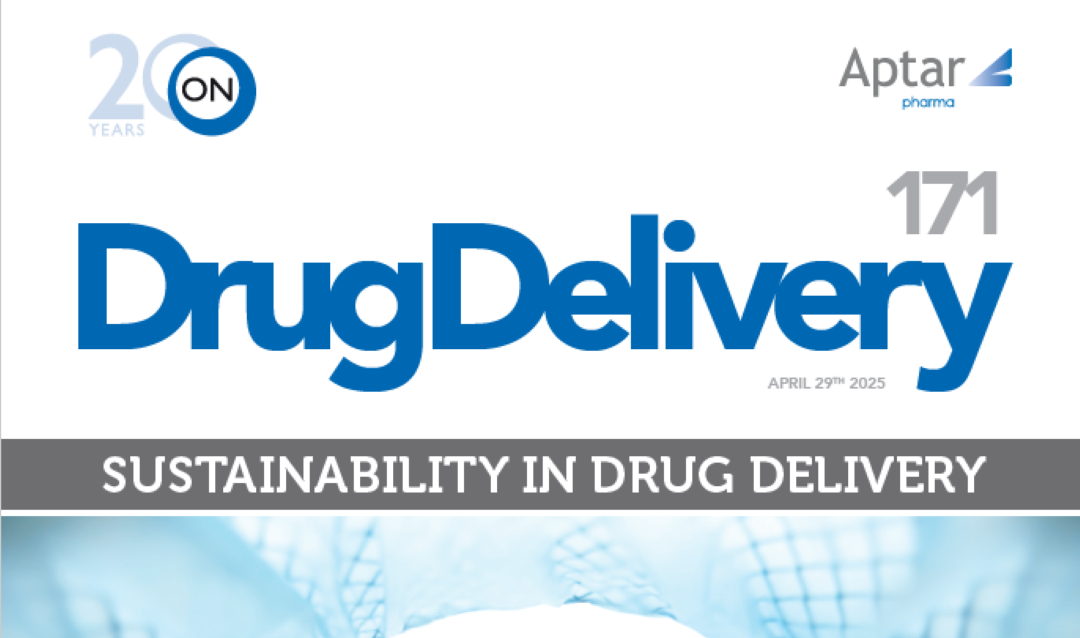
Low GWP pMDI Q&A with Aptar’s ZEN30 Futurity™ Valve Solution
Publications, Pharmaceutical, Sustainability, Drug Delivery Innovations, Brand Differentiation, Market Insights, Product Solutions
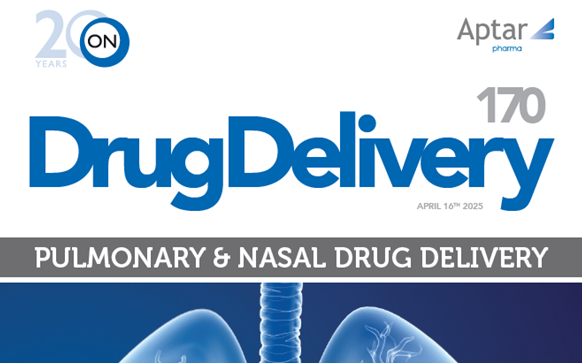
Innovations in Pulmonary Care: DPI and NPLI Lead the Way
Publications, Pharmaceutical, Innovation & Insights, Drug Delivery Innovations, Market Insights, Product Solutions
